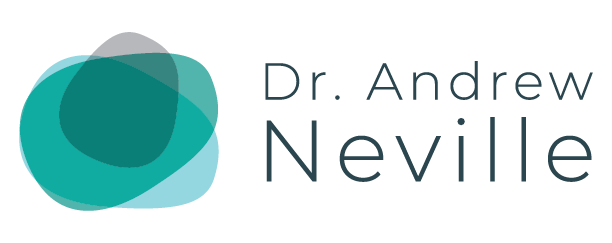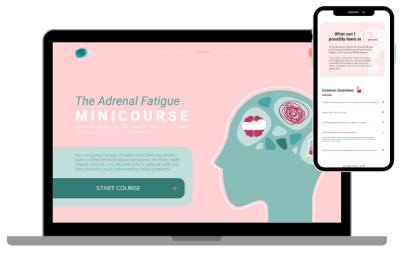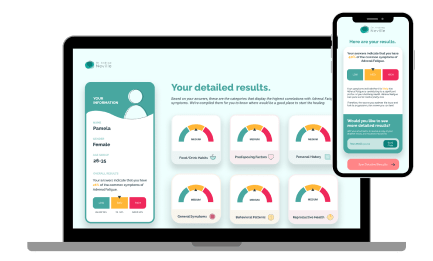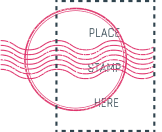A hypoglycemic diet is the most important dietary recommendation for those with Adrenal Fatigue and Stress Response Dysfunction (SRD). My “Stress-Less” Hypoglycemic Diet Plan controls the amount and release of sugar—or glucose—into the blood stream.
The Myth of the “Good Diet”
We fall victim to intellectual theories of good diets versus bad. Because of this, we develop numerous reasons to eat various foods that have nothing to do with nutrition.
While the concept of the hypoglycemic diet is simple and straightforward, because of food habits we’ve developed as teens and adults, it is sometimes a little difficult to wrap our heads around.
Some of my hypoglycemic diet plan is counterintuitive; poor eating practices and the inaccurate beliefs we’ve formed due to misinformation, societal pressures, or an emotional association with food are ingrained within us.
I promise: This will be the simplest, most enjoyable “diet” you’ve ever followed.
Adrenal Patients Must Control Their Blood Sugar
The main job of the adrenal glands and cortisol is to raise your blood sugar when it gets too low. Therefore, it is not the elevation of the blood sugar that is the problem for Adrenal patients; it’s that the more quickly the sugar rises, the faster it falls, which then puts a strain on the adrenal glands.
If we can prevent it from dropping too quickly, we can take one major daily stress away from the adrenal glands and your stress response system.
This will be the simplest, most enjoyable “diet” you’ve ever followed, I promise.
Ideally, when we eat, we want to elevate blood sugar slowly and have a prolonged elevation until the sugar gradually comes down. Then, when the sugar has fallen, we are ready to eat again.
Intake of sugar and carbohydrates tends to spike glucose more quickly, putting the already exhausted adrenals to work. Intake of protein, fat, and fiber slows the elevation of glucose in the blood. So, consuming those foods is where our focus should be.
The Three Main Tenets of a Hypoglycemic Diet
This simple guide will help you adopt eating habits that will keep blood glucose levels as stable as possible. Following these three general rules will relieve your adrenals of a major daily “to do” or stress.
- Eat small, frequent meals (3-6 per day)
- Consume protein and fat with each meal
- Avoid or reduce sugar and refined carbohydrates.
I recommend a minimum of three meals per day, although some of my patients feel best when they eat something every 2-3 hours.
It is important to consume protein, such as meat, fish, dairy, eggs, nuts, or seeds with each meal or snack to prolong the elevation of glucose in the blood.
Refined Carbs Are Detrimental to Adrenal Patients
Of course, we all know that we should avoid straight sugar, candy, soda, most store-bought fruit juices, soda, etc. (some of us are sadder about this than others!).
Adrenal patients need to go a bit further by limiting and controlling the intake of both refined and whole grain carbohydrates.
A small snack of protein and fat before bedtime will reduce frequent waking.
Refined carbohydrates are items made from white flour, such as white bread, baked goods, cereals, and even pasta. These should be reduced significantly, if not eliminated early in treatment. Whole grains, too, can raise the blood sugar rather quickly, so should be controlled.
Dr. Neville’s Hypoglycemic Diet Quick Reference
I’m not a big fan of strict adherence to rules, because the guilt that comes with imperfection is yet another stressor on our bodies. We do our best, and, of course, we make mistakes. We are not perfect (although Type-A Adrenal patients certainly try!).
Your hypoglycemic diet may not look exactly like someone else’s hypoglycemic diet.
Try to avoid the things on this list, but I ask that you not beat yourself up if you go a day or two or ten without following these to a T.
- Don’t forget that being prepared with meals and snacks is the key to a successful hypoglycemic diet.
- Don’t skip breakfast, which is a very important meal for my hypoglycemic diet.
- Don’t forget that healthy fats and proteins are your friend. Since we’ve eaten fewer fats over the past few decades, we’ve gotten sicker and fatter as a society.
- Don’t overindulge on alcoholic beverages. If you cannot eliminate alcohol, try to limit it to one alcoholic beverage per day. Avoid consuming alcohol on an empty stomach, because this can trigger a hypoglycemic episode.
- Don’t consume artificial sweeteners or vegetable oils that are not on the list a couple of sections down.
- Don’t forget to read your product labels. Manufacturers sneak unhealthy fats and oils into almost everything, even “natural” foods.
- Don’t forget a small snack of healthy protein and fat before bedtime! Having one will keep your blood sugar stable through the night and reduce frequent waking.
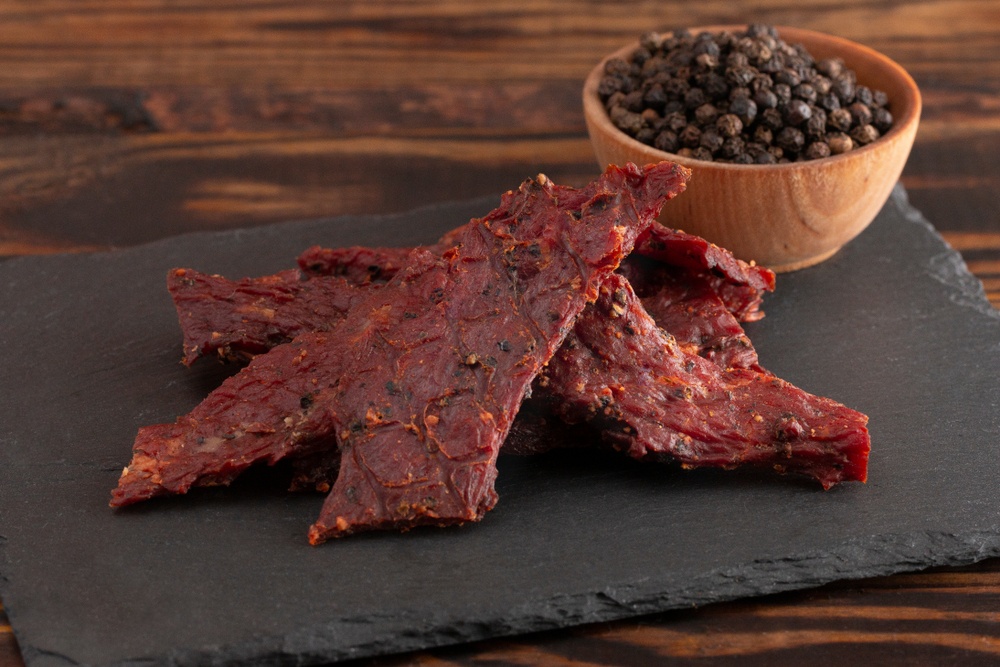
Your Mindset Matters in This Hypoglycemic Diet Plan
- Don’t panic or become discouraged when you first read the foods you should reduce or eliminate from your diet. Keep reviewing the long list of foods you can consume!
- Don’t compare your results or progress with anyone else’s. Each body’s metabolism is different, and your hypoglycemic diet may not look like some else’s hypoglycemic diet.
- Don’t be obsessive about your diet. The constant focus on what you can and cannot eat will be an added stress and instill more fear and frustration. Don’t expect perfection.
- Don’t be concerned when you make poor choices. Use your brain fog to your advantage: Forget about it, and make the right choice the next time.
What to Expect as You Incorporate My Hypoglycemic Diet Plan
The “hypoglycemic” tendency that so many of my patients have improved over time as the adrenals strengthen and are then better able to control the blood sugar precisely. It is a key part of my treatment for every single Adrenal Fatigue patient.
As the weeks pass, even if you tweak only a couple of things at a time, food will begin to taste better. Most of my patients tell me they look forward to concocting new snacks using the guidelines above. In time, and as your Stress-Response Dysfunction heals, you should no longer feel like you’re “missing out.”
And I leave you with one delicious recipe from the Stress-Less Adrenal Cookbook I wrote with my health coach, Germaine:
Germaine’s Cocoa Coconut Fat Bombs
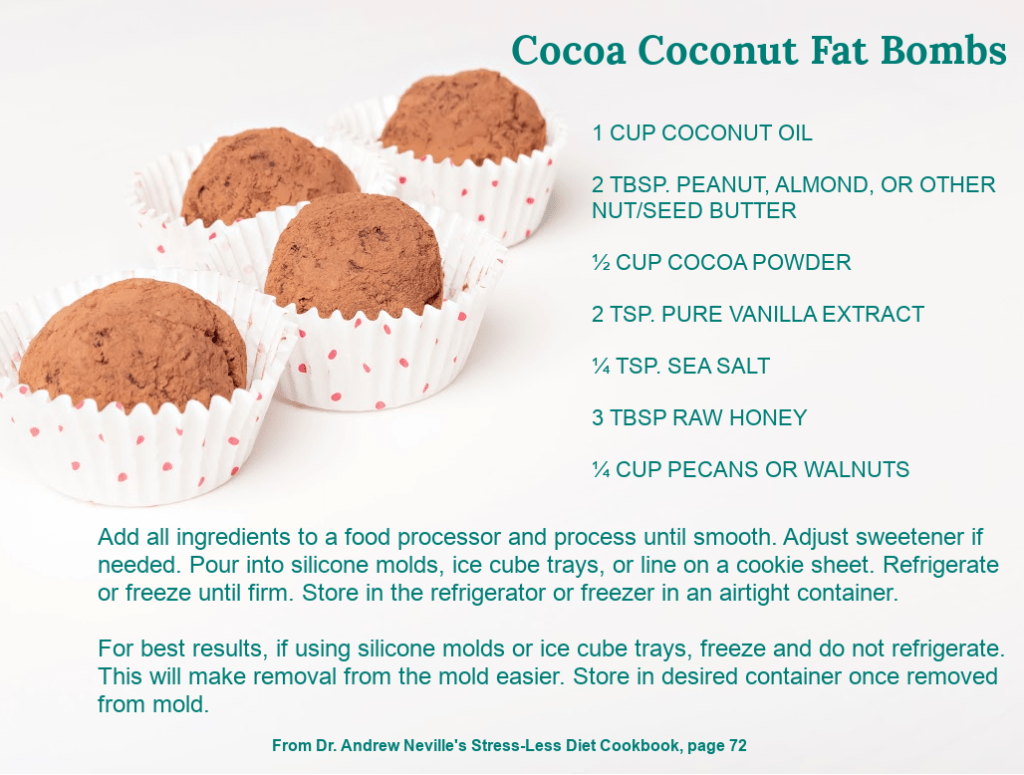

While we’re on the topic of food, you might want to check out my article on the importance of sea salt for healing or how HPA Axis dysfunction affects your digestion.
My Cookbook for Adrenal Patients
Along with my Certified Holistic Nutritionist, I create the Dr. Neville’s Stress-Less Diet Bundle. It is a simple and user-friendly package of recipes, meal plans, and a shopping list to help guide you on a diet that is the absolute best for your adrenals.
The plan includes lists of foods to avoid and include, as well as breakfast, lunch, and dinner recipes. (We didn’t forget the snacks, don’t worry!) By following this plan, you will avoid some of the pitfalls and challenges that come with dietary changes, and more specifically, with switching to a more hypoglycemic diet.
You will also find that many of the recipes avoid some or all of the major food allergens: gluten, dairy, eggs, and soy.The recipes are easy to follow and can be put together quickly. You can make many of these dishes, even if you’ve never prepared a meal in your life. Think outside the processed food box for life!
